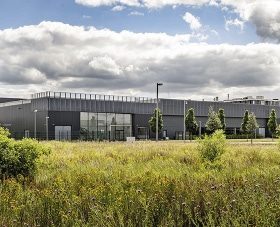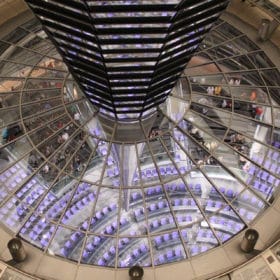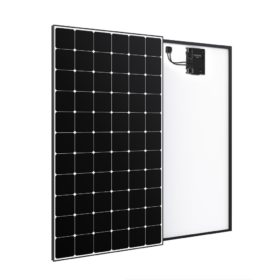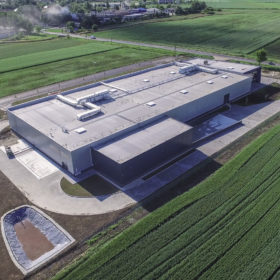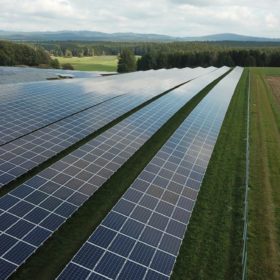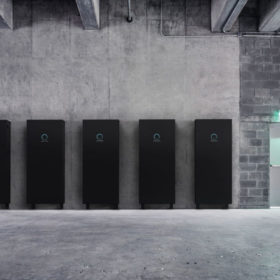Zinc-air batteries with non-alkaline, aqueous electrolytes
New battery chemistry developed in Germany promises to make zinc-air batteries the storage technology of the future.
Meyer Burger gets €22.5 million in public subsidies for heterojunction cell factory
The funds come, on the one hand, from the regional government of Saxony-Anhalt and on the other, from the German central government.
Germany added 480 MW of PV in November
The country added around 4.4 GW of new solar in the first 11 months of 2020 while its cumulative installed PV capacity reached 53.1 GW.
Germany introduces new renewable energy law
Under the new regulatory frameworks, the feed-in tariff scheme for rooftop PV will be maintained although only PV systems with a power output of up to 300 kW will be entitled to have the FIT at current levels. Installations ranging in size from 300-750 kW will receive only half of the payment. Owners of the latter scale of system, however, will be allowed to self-consume the generated energy.
Maxeon brings its AC module with power of up to 415 W to Europe
Authorized Sunpower distributors and installers in Germany, Switzerland, France, Belgium, Luxembourg, Malta, and the Netherlands are now offering the Maxeon 5 AC module for rooftop projects. An Enphase microinverter is already integrated into the product.
Meyer Burger and Ecosolifer sign settlement agreement on heterojunction cell line
The two companies have concluded a settlement after several years of stalling. Ecosolifer will pay for part of the cell production line ordered in 2015 but Meyer Burger will incur a net loss of almost CHF2 million.
EnBW builds another 300 MW of unsubsidized solar in Germany, ERG announces plans for 600 MW
German utility EnBW plans to build 300 MW of solar at two sites in northeastern Germany, while Italian oil company ERG has entered the German PV market with a 600 MW PV project portfolio.
Germany hits 2 million PV system installations
By the end of October, about 2 million PV systems were operational throughout Germany, according to the German Solar Industry Association (BSW-Solar).
Meyer Burger and SMA call for an industrial strategy for PV production in Germany
The two PV companies have outlined how competitive value creation in Germany and Europe can succeed. This would also be important in order to preserve technologies and innovations in this country. Meyer Burger and SMA make four specific proposals in which they have an eye on both the generation of solar power and the manufacture of the photovoltaic products required for this.
Growing German storage market buoyed by falling prices
RWTH Aachen University and Forschungszentrum Jülich evaluated the data. It shows a growing demand for photovoltaic storage systems in 2019 and continued positive market sentiment lasting well into 2020.


